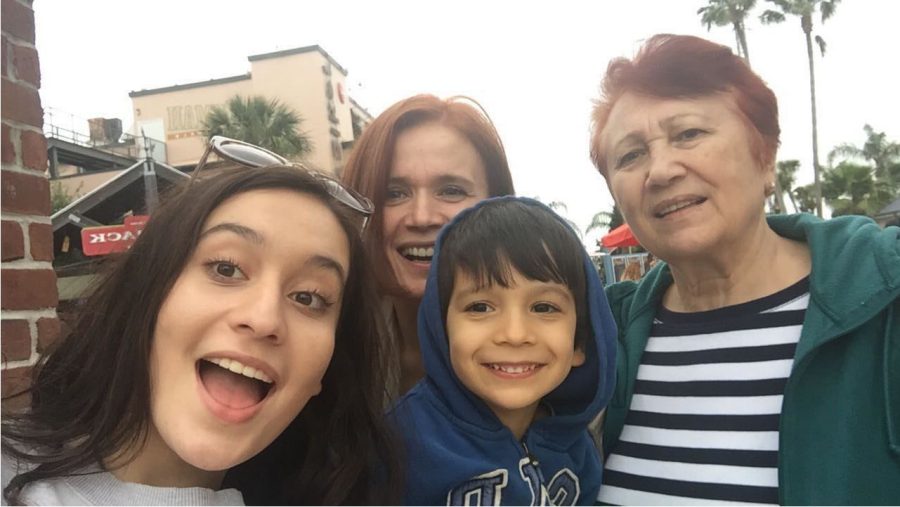Ukrainian, Russian UT students react to Russia invasion of Ukraine
April 28, 2022
Editor’s Note: This article first appeared in the March 1, 2022 flipbook.
Russian and Ukrainian UT students say they fear for their family and friends’ safety after Russia invaded Ukraine with military force Thursday morning.
Explosions have been heard in major cities across Ukraine since Russia invaded, according to the Associated Press, and world leaders have condemned Russian President Vladimir Putin’s attack. This is a major escalation between the two countries since the Russo-Ukrainian war started in February 2014. As protests arise around the world in response to the recent attacks, a common phrase heard is “Слава Україні, Героям слава” which translates to “Glory to Ukraine” with the response “Glory to the Heroes.”
Environmental engineering junior Katerina Arellano said she was raised in Chernivtsi, Ukraine, until she was four years old. She said all of her family is in the United States, but she has close friends still in Ukraine.
“Ukraine and Chernivtsi feel like my happy place,” Arellano said. “It felt like Russia was just trying to take my happy place away from me.”
Arellano said the Russian invasion of Ukraine feels like a continuation of World War II, and that there are people who don’t realize how awful the situation is.
“Putin has a lot of issues, just personally, and I think it’s unfair he’s leading a country and all these troops,” Arellano said. “I think he probably wants to redo the Soviet Union again.”
Unspecified business sophomore Taisia Pominov said she was raised in Moscow, Russia, until she was two years old, and she grew up in a Russian household immersed in her families’ culture. She said she has family currently in Russia and checks in on them.
Pominov said some Russian media is spreading the wrong information to their citizens.
“I had called (my grandma) and she’s like, ‘Russian military’s only hitting military bases,’” Pominov said. “(But) I was reading the news and it’s not just military bases that they’re targeting. They’re targeting apartments, the government in Kyiv and where people live.”
Pominov said it is a privilege that Americans have news and freedom of speech. She also said her 11-year-old brother was protesting against the war at the Russian embassy in Houston.
“The biggest thing is even if you can’t donate, spreading information about donating, educating yourself on what’s going on, sharing the news, helping people when you can, having support, checking in with your Ukrainian and Russian friends and making sure all of their families are OK,” Pominov said. “It’s the biggest thing that we as students can do.”
Marina Alexandrova, an associate professor of instruction for Russian studies, said she is giving her students chances to discuss current events during class.
“Right now, I see my role as somebody who is providing them with reliable information, connecting them with scholars in the field and holding that space where they can freely and openly discuss (the) intellectual and emotional aspects of their reactions to the situation,” Alexandrova said.
Misha Simanovskyy, a graduate student in the Center for Russian, Eastern European, and Eurasian Studies and the Lyndon B. Johnson School of Public Affairs, said his parents are in Dnipropetrovsk, Ukraine. He said this area of Ukraine is not actively engaged in military conflict.
“My parents yesterday, they just had their first air raid,” Simanovskyy said. “People had to go over to the bomb shelters, or subway stations. There are only three (subway stations).”
Simanovskyy said he watches every video that covers the invasion and thinks it’s only going to get worse now.
“In my classes, when we were speaking about this before … (in) like late October, it was so absurd to think about it, and I was basically denying this large scale invasion up until the last days,” Simanovskyy said. “It’s hard because, like today, I’m going to classes, so I’m going to tell my classmates that I was wrong and I’m sorry for misleading them.”



